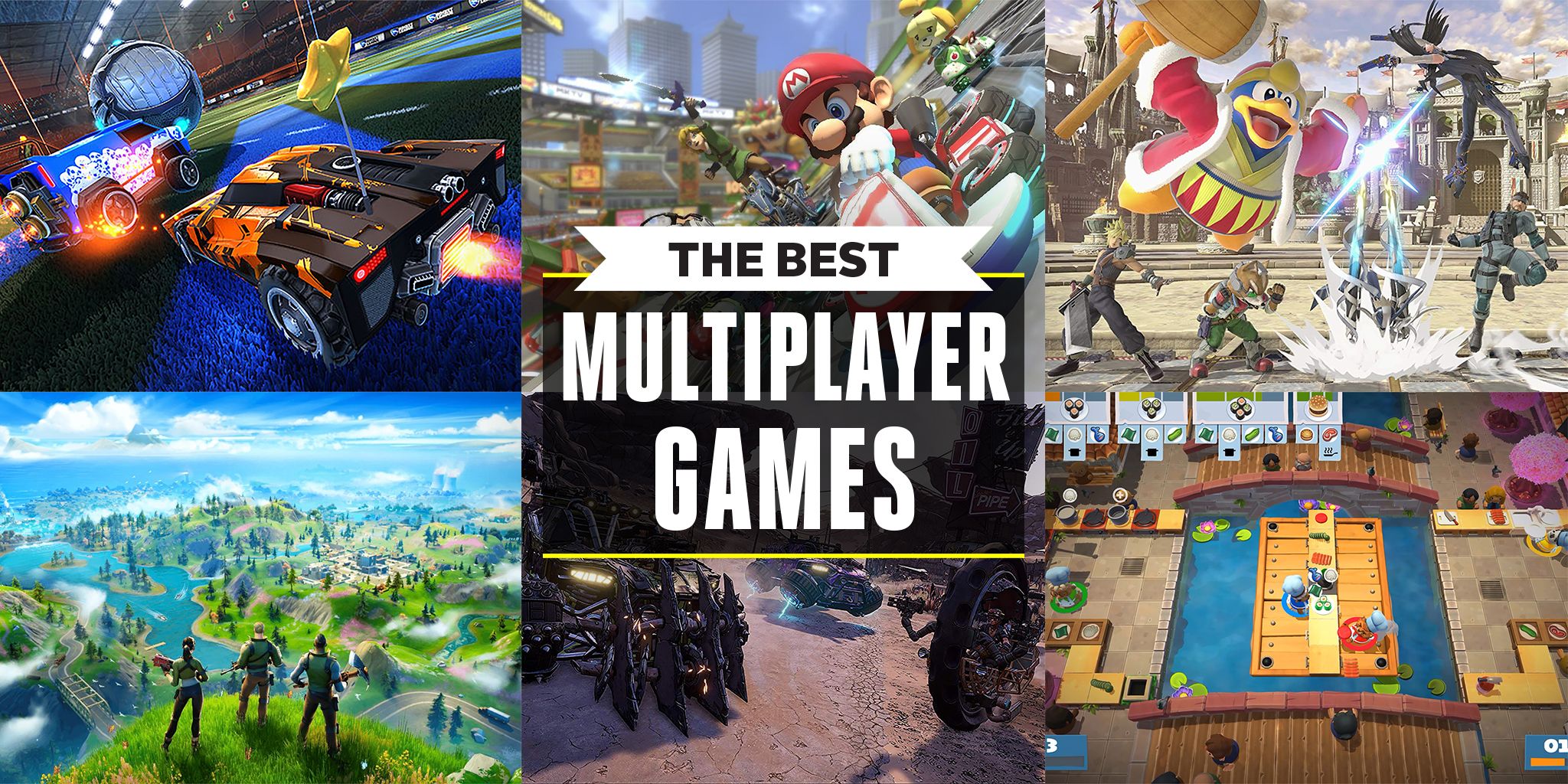It promotes platforms for informed amateur scholarship, and it serves to make humanities research into something of a new multi-player online game with global reach and relevance… We are continually creating new ways of accessing and assessing this new cultural production, which continually open up important new spaces for exploring humanity’s cultural heritage and for imagining future possibilities using the transmedia methods and genres of the digital present.
Burdick et al. “One: From Humanities to Digital Humanities,” in Digital_Humanities (Cambridge, MA: MIT Press, 2012), 26.
As technology continues to grow, the world grows increasingly fearful of a potential technological singularity. But these particular quotations emphasize the exciting and uplifting aspects of technology, which really resonated with me. I often come across people or texts lamenting the loss of the good ol’ days when everything was on paper and people primarily communicated in person. And I must say I do love the crinkly, yellow pages and scent of old books, but at the same time I love and embrace all the current rapid developments in technology. The beginning of something new and possibly strange doesn’t signal the death of the past. To me, it signals the wonderful blending of the old and the new to ultimately reach even higher levels of excellence.
Yes, the rise of technology has probably helped the rampant spread of misinformation. But it came about hand in hand with the rise of “informed amateur scholarship” (Burdick, 26). It may be dangerously easy to access a profuse amount of false information, but it’s also incredibly easy to access a bountiful amount of accurate information. Technology isn’t an agent of destruction set to lead the world to its demise. I don’t think things are that simple. I think instead that there should be “the realization that any “solutions” generated within the Digital Humanities” and within technology as a whole “will spawn new “problems”— and that this is all to the good” (Burdick, 5). Of course more things will appear problematic when more knowledge is gained; after all, isn’t ignorance considered bliss? But by addressing every new “problem,” things can then improve even further and new heights can be reached. Rather than view infectious misinformation as an incurable disease to the world, isn’t it better to think that now “we struggle less to remember facts than we do to remember where and how to find them—and how to assess their validity” (Burdick, 25). Misinformation could possibly even allow people to attain a deeper level of understanding about knowledge by having to consume everything with a healthy bit of skepticism. Instead of denouncing technology, we can teach people how to use technology.
And doesn’t the comparison of humanities research to a multi-player online game just sound absolutely thrilling? I’m excited to learn more on how “Digital Humanities arrives through cellphone and other mobile applications as a deepening enhancement of daily experience, providing an interpretation of a public monument or work of cultural legacy, bringing the richness of scholarly expertise into new and decidedly public forms of use” (Burdick, 26).

I love how you tackle the problem of misinformation with this reading. Instead of denouncing technology, we should learn and teach others how to use technology and examine the information they receive🙌